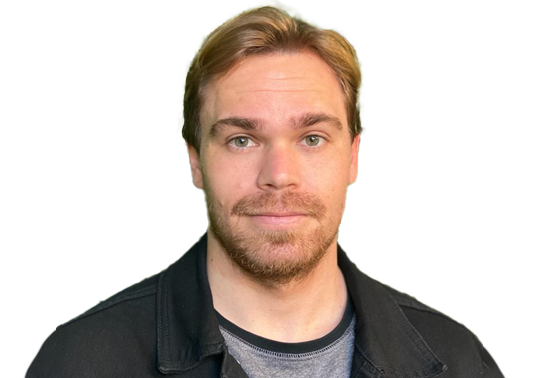CV
Amos Hervitz is a Research Assistant at the INSS. He has a bachelor's degree in government and is a graduate of the Honors Track in Strategy & Decision Making at Reichman University.

Amos Hervitz
Research Assistant
Publications
All PublicationsCultural Communities as a Foundation for Global Influence Operations: The K-Pop Community and Operation Guardian of the Walls
How can a global community linking people on the basis of a Korean musical genre influence political and military processes in the world at large, and Israel in particular?
20 April, 2023Regulation of Social Media in Israel
For almost two decades social media have been an inseparable part of the lives of most Israelis, but thus far the state has done little to curb the negative aspects of these interactive technologies, which contaminate the discourse, deepen social rifts, and affect democratic processes. How should Israel’s new government act to curb these negative phenomena?
8 January, 2023Cyber Challenges and Foreign Influence in the Upcoming Knesset Elections
In advance of the forthcoming Knesset elections, there are heightened efforts to obstruct foreign interference. Yet while most preventive activity focuses on technological attacks on the voting process and information systems relevant to the campaign, the efforts to grapple with malign influence on internal political discourse through the spread of fake news, verbal incitement, and more are insufficient. What should Israel do to confront the threat in the most effective fashion?
21 July, 2022How Civil Society Organizations Can Help Block Covert Foreign Intervention in Democratic Processes
Recent years have witnessed attempts by foreign entities to intervene in democratic systems and covertly influence election processes. These attempts are carried out using social media or internal actors that are part of the political discourse and promote intentional radicalization of the discourse. Many countries understand the severity of the phenomenon, and accordingly, address it through specific bodies and tools, including legislation, technology, security, intelligence agencies, and designated integrated teams. However, the state is limited in its ability to provide a complete response, and thus in many countries the challenge is taken up by civil society organizations. This article focuses on the role of civil society organizations and their interactions with government in coping with the threat of foreign influence on democratic processes. It presents the strategic problem and the governmental bodies that address it, and reviews the advantages of civil society organizations in face of the challenge. Following a look at selected case studies, it draws conclusions on the role of civil society organizations in tackling this threat.
2021-04-01 All magazine articles
Media
All media How Fans of Korean Music Mobilized Anti-Israel Sentiment
24 April, 2023


